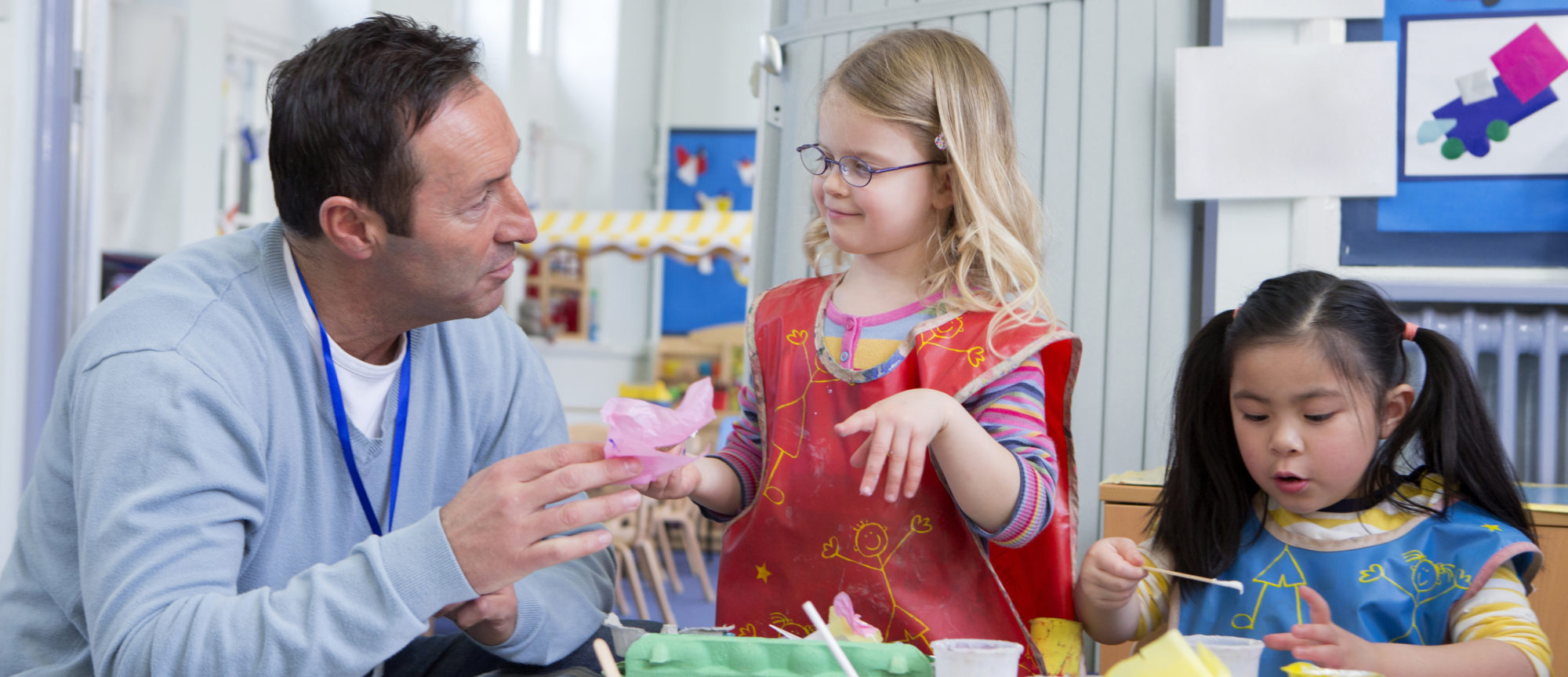How we learn and use language is related to the language we experience around us. We are particularly interested how children make use of the language they hear by re-using “syntactic” structures – the way words are ordered in a sentence. For example, you are more likely to say "those pictures were drawn by Quentin Blake" instead of “Quentin Blake drew those pictures” after hearing someone say "this book was written by Roald Dahl". This grammatical repetition occurs in children and adults and is known as "syntactic priming": hearing a word order makes it easier for you to re- use that order, even with different words.
When speakers repeat structures that they have heard, it indicates that they have a mental representation that they can use when understanding a sentence and reuse when producing a new sentence. So patterns of syntactic priming effects tell us about which grammatical structures children know. Recent research suggests that priming can lead to long-term learning so experiencing a grammatical structure sets in train a persistent change in their language representations. For example, when a child hears "this book was written by Roald Dahl", it helps them to re-use that structure immediately and strengthens their knowledge of that structure. In order to see how immediate language experience leads to longer-term development of adult-like representations, we will conduct psycholinguistic experiments with children at different stages of development. We will vary the types of structures that children hear and say in different contexts and time points and see how likely children are to reuse these structures and how long these effects last.
Our project addresses the following questions:
- When in language development is this type of experience important?
- Do children show experience-based learning through experience of particular words (linguistic contexts) or experiences of particular conversations or tasks (non-linguistic contexts)?
- Do children generalise what they learn from one context to another?
- Do children learn through hearing different structures just as much as they learn through saying them?
This will help us to understand the mechanisms, conditions trajectories underlying successful language development.
Why is our work important?
Research shows that children who hear a wider range of vocabularies and sentence types later develop more extensive language skills than those with narrower input. Our project investigates how children learn from their language experience, and the underlying mechanisms that they use to do so since this is currently unclear. This is theoretically important because it informs our understanding of a uniquely human ability, but it also has societal implications because good language development is critical to later educational and social success.
